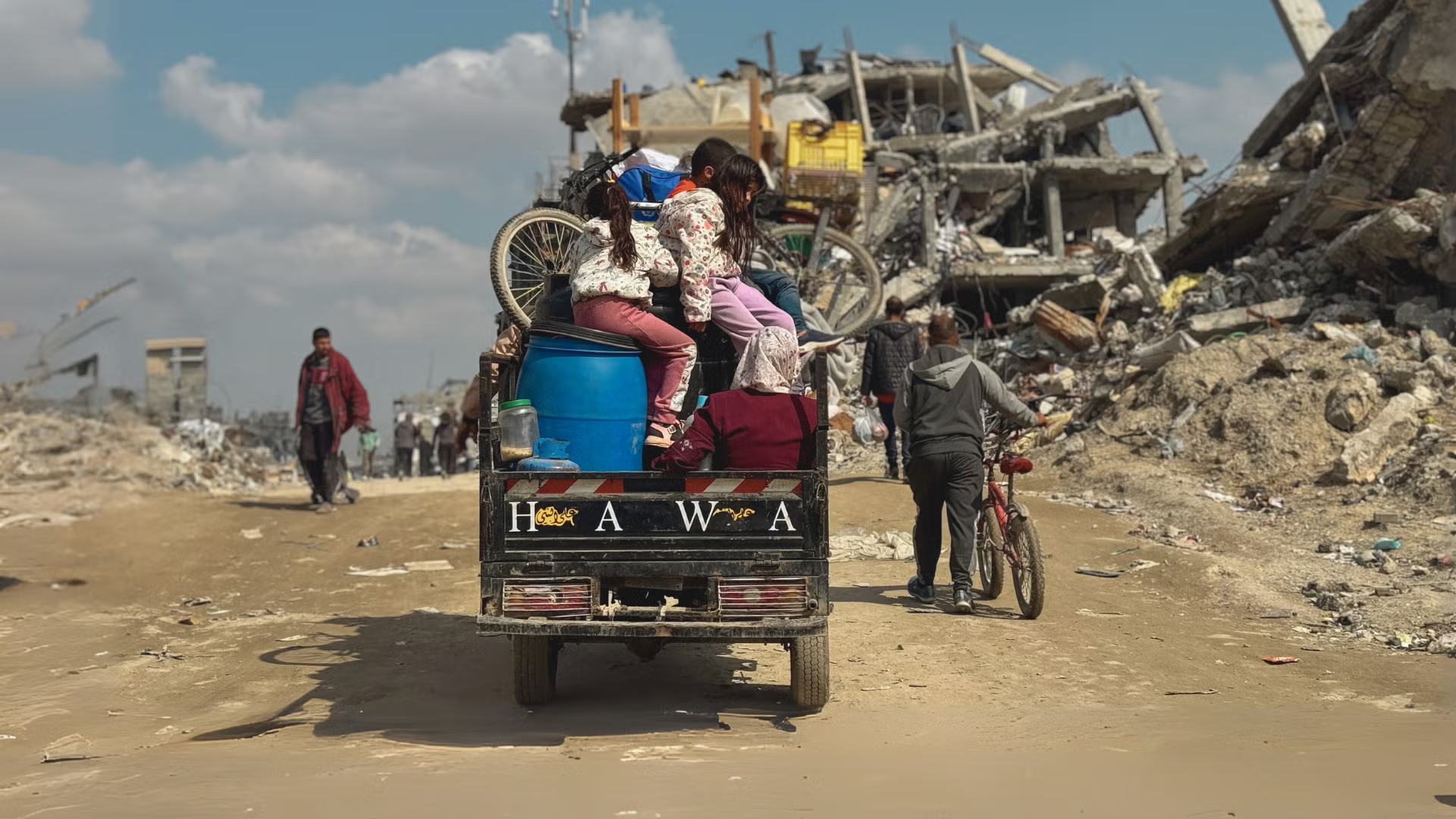“The Weight of Silence” – As Told by My Friend, the Psychologist
I want to tell you about a woman My Friend met recently, and here ehat he told me exactly she is —K.K, 39 years old, divorced, and displaced by the war. She’s currently living with her brother in a tent near one of the overcrowded shelters in Gaza. When I say “tent,” I don’t mean something temporary—it’s her entire world now: one space that serves as a kitchen, a bathroom, and a place to sleep. No doors. or walls. or dignity.
She lives without the most basic needs. No privacy. Not even clean clothes. She doesn’t have her own underwear. When she wants to take a shower, she swaps clothes with her brother’s wife. That’s the only way.
What struck me the most was how determined she was not to be a burden. Every day, she goes out looking for spoiled vegetables—literally rotten leftovers thrown out by vendors. She soaks them in clean water, carefully picking out what’s salvageable, and cooks for herself. doesn’t complain. also doesn’t ask for help.
She told me: “Everyone here is just trying to survive. I don’t want to be an extra weight on my brother. Each one of us is just holding on in silence.”
But silence has a cost.
When I met her, she was overwhelmed—though she didn’t say it at first. I noticed it in her eyes, in the way her hands shook, in how quickly she snapped at her brother’s kids who were playing outside the tent. The symptoms were clear:
Constant crying
Yelling and emotional outbursts
Racing thoughts
A complete inability to sleep
So I visited her specifically—just her. Not as part of a big mental health session, but a one-on-one moment inside her fragile world. We sat near the tent, and I asked her to talk. She hesitated at first, then slowly, her voice cracked. And then she cried. A deep, aching cry that comes from a place far beyond just sadness.
She looked at me through tears and said something I will never forget:
“I haven’t cried in a year. You came and opened the wound that’s been festering inside me. But at the same time… you brought me comfort. May God bring you the peace you brought me.”
That moment broke me a little too.
You see, sometimes, as a mental health worker in Gaza, you don’t fix people—you can’t. The destruction is bigger than any therapy session. But what you can do is witness. You can sit with someone in their pain, and say: I see you. You matter. You’re not alone.
That was one of those moments.
I didn’t save her. But I gave her something she hadn’t had in a long time: the space to feel again.



Leave a Reply